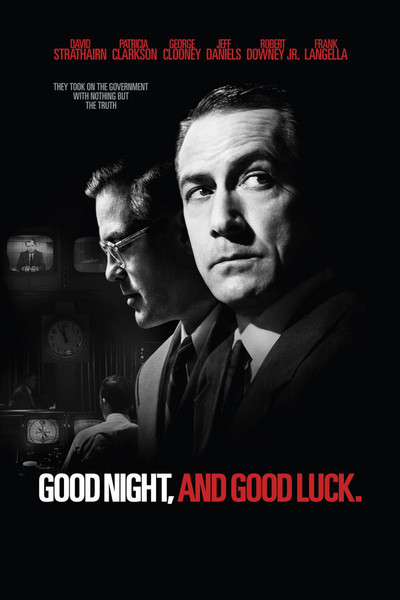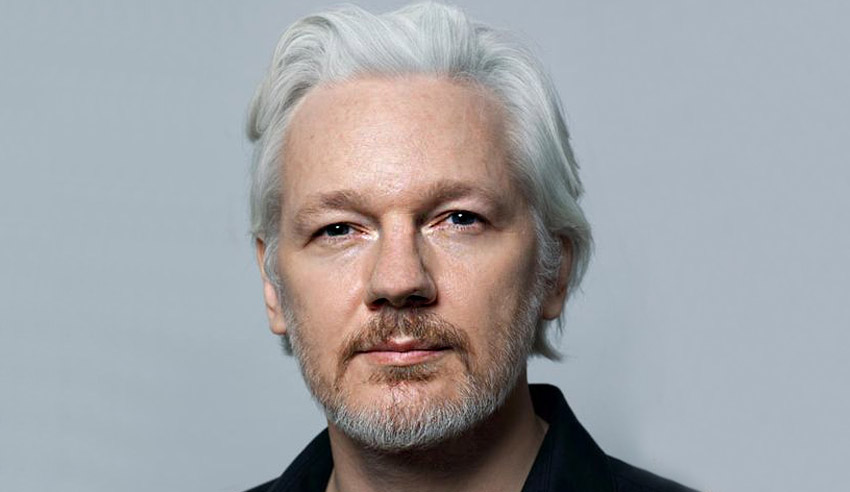
In America, a common staple used to describe our country is “FREEDOM.” Those freedoms include: speech, press, assembly, of/from religion, etc. American’s pride themselves on a supreme law that dictates and defends its people’s rights. Many of us, though, have not taken the time to dissect the constitution since it was ratified in 1788. What most have not paid much attention to, is that small amendments have been made to our constitution overtime by supreme court rulings that must be abided by, by law.
We spend most of our time in the classroom learning about the more “popular” amendments, for example: “Congress shall make no law respecting an establishment of religion, or prohibiting the free exercise thereof; or abridging the freedom of speech, or of the press; or the right of the people peaceably to assemble, and to petition the Government for a redress of grievances (Cornell, 2020).” This item is the first amendment. Although Americans, for the most part, are allowed to say whatever they please, the Supreme Court has since noticed that someone else’s tongue can be your own worst enemy. With that being said, our speech can be seen as a catalyst that defines our actions. Those actions have the heavy possibility of being harmful. In result, the Supreme Court decided it best to regulate our speech so harm is prevented ahead of time; snaps for proactivity.
There are many, many examples that could be discussed about little loopholes in the first amendment, such as: Schenk v. United States, Brandenburg v. Ohio, and Gertz v. Robert Welch, but this movie reminds me very closely of Julian Assange's situation.

I believe the most interesting part of Assange’s prosecution is that he, personally, did not steal the information, but simply published it. So, the charges raised against him are based on actions that investigative journalists participate in on a daily basis. The First Amendment clearly states not only an American citizen’s freedom of speech, but also their freedom of press. So, where did Assange go wrong? Is he seeking attention from the American people or is he a campaigner of bringing justice to the truth? This idea is where the little loopholes of the First Amendment come into play.
This movie in particular brings attention to the government's sensitivity to its nasty secrets and it also brings like to the justice that journalists want to bring to the American people, no matter what kind of damage it brings to themselves and their workplace. To reference a specific scene in the movie, when the two Colonels came to visit Fred Friendly and basically tell him he is roaming dangerous waters if he goes through with the story; this scene alludes to The Chilling Effect. This effect is the inhibition or discouragement of the legitimate exercise of natural and legal rights by the threat of legal sanction. The most suppressed right by the chilling effect is said to be the First Amendment, which we clearly see in this film.
This movie brought light to how powerful journalism truly is and how impactful it is not only on the American people, but on the journalists themselves, as we saw at the end of the movie.
No comments:
Post a Comment